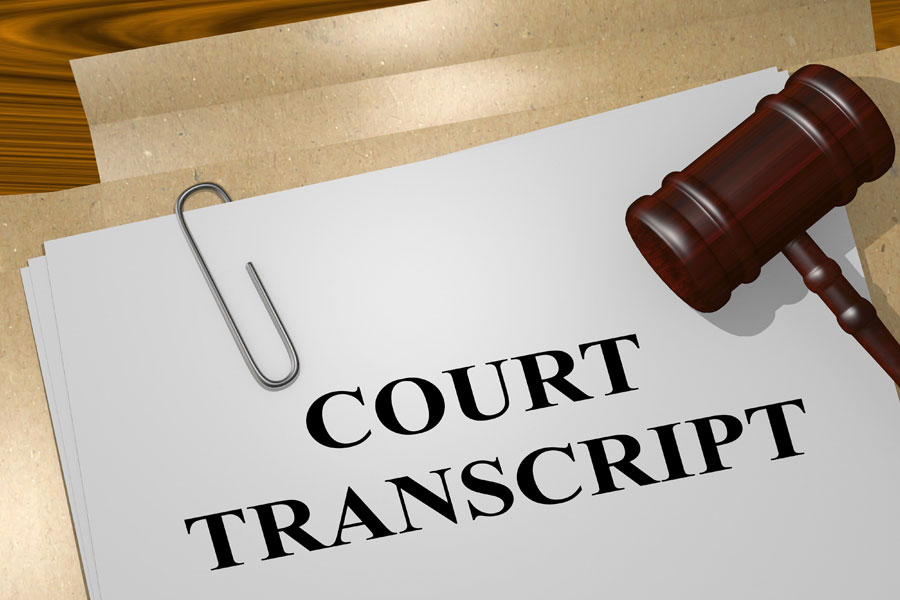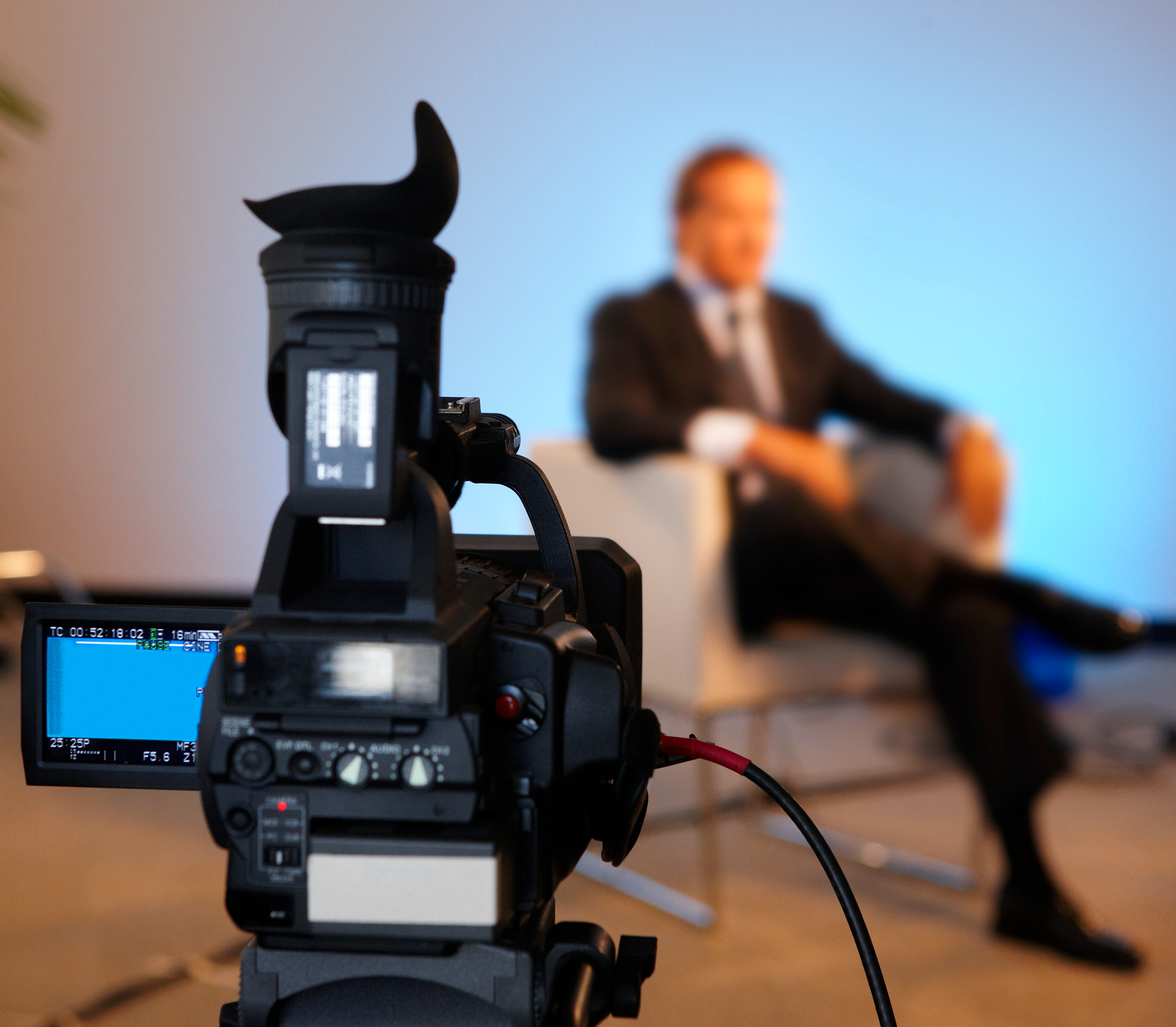The Importance of Legal Video Depositions in Modern Legal Services: What You Should Know
Lawful video clip depositions have ended up being important in today's lawful landscape. They give a multidimensional view of witness testimonies that conventional transcripts merely can not match. By recording both non-verbal and verbal communication, these depositions improve the overall understanding of a witness's reliability. The performance of video clip depositions hinges on various factors, including conformity with lawful criteria and best techniques. Checking out these components exposes their real significance in contemporary lawful services
What Are Legal Video Depositions?
Lawful video clip depositions work as an important tool in the lawsuits procedure. They involve tape-recording witness testimonies in a video layout, capturing both non-verbal and verbal interaction. This approach enables lawyers to record the temperament, expressions, and responses of witnesses, giving a richer context for the statement. Commonly conducted in a controlled setting, these depositions are led by attorneys who ask inquiries while a stenotype reporter documents the discussion. The resulting video can be essential for trial prep work, as it enables lawyers to examine the reliability of witnesses and improve their strategies. In addition, lawful video depositions can be made use of in various lawful contexts, ranging from civil disagreements to criminal instances. The acoustic and aesthetic elements of video depositions boost the presentation of proof, making it an essential element in the contemporary lawful landscape. In general, they add significantly to the efficiency and efficiency of lawful proceedings.

Advantages of Video Depositions Over Standard Approaches
Video clip depositions use various advantages contrasted to conventional approaches of taking witness testaments. One substantial benefit is the ability to record both aesthetic and audio aspects, supplying a much more complete record of the witness's statements. This dual style enhances quality and permits lawful experts to reference specific nuances throughout trial preparation. Furthermore, video depositions help with remote involvement, making it easier for witnesses who may be inaccessible for in-person looks because of geographical restraints or health and wellness issues.Moreover, video depositions can accelerate the overall deposition process, minimizing the moment and costs related to travel and logistics. They additionally enhance ease of access, as taped depositions can be quickly shared amongst lawful groups and referenced any time. This comfort adds to much better instance administration and preparation. Generally, video clip depositions represent a modern-day, reliable method to gathering witness statements, straightening with the developing demands of the lawful career.
The Function of Body Language and Tone in Testimonies

In lawful video clip depositions, body movement and tone play crucial duties in sharing a witness's reputation and credibility. Nonverbal signs can supply understandings into a witness's emotion, affecting just how their statement is viewed. Comprehending the effect of these aspects is important for jurors and attorneys alike when evaluating the reliability of a testimony.
Nonverbal Communication Insights
While spoken interaction is often stressed in legal statements, nonverbal hints such as body language and tone play a crucial duty in conveying reputation and emotion. Viewers of depositions might note that a witness's position, gestures, and faces can substantially influence perceptions of integrity. Constant eye call may signify self-confidence, while staying clear of stare could suggest deceit or pain. In a similar way, the tone of voice-- its pitch, rate, and quantity-- can present sensations of genuineness or unpredictability. Attorneys need to be attuned to these nonverbal signals, as they frequently offer critical context that enhances spoken words. Recognizing these subtleties can boost the effectiveness of depositions and affect the result of lawful proceedings.
Emotional Tone Effect
The emotional tone conveyed during lawful statements considerably influences just how a witness is regarded. Body language, vocal inflections, and faces play important roles fit the narrative of a testimony. A witness exhibiting confidence with consistent eye get in touch with and a calm tone can impart a sense of dependability and involvement. Conversely, indications of stress and anxiety, such as fidgeting or a shaky voice, may bring about suspicion regarding their account. The nuances of emotional expression can influence the analysis of truths, making it necessary for lawyers to identify these cues. In video clip depositions, the visual and acoustic parts combine, emphasizing the value her response of psychological tone in sharing genuineness and truthfulness within the legal procedure.
Credibility and Reliability
A vital element in developing integrity and credibility during statements lies in the witness's body movement and tone of voice. Viewers often depend on non-verbal hints-- such as eye call, position, and motions-- to assess a witness's sincerity. For instance, a witness who preserves eye contact and shows open body movement might be viewed as even more truthful and reputable than one who stays clear of eye call or shows up closed off. In addition, intonation plays a vital duty; a stable, calm tone can enhance the integrity of the statement, while variations in pitch or quantity might increase doubts. Eventually, the mix of body movement and singing tone greatly influences exactly how a witness's statements are received and interpreted in a legal context.
Ideal Practices for Conducting Video Clip Depositions
Performing video clip depositions requires mindful planning and implementation to ensure a clear and effective discussion of testament. It is vital to pick a peaceful, well-lit place to lessen distractions and safe and secure ideal video quality. The equipment must be checked in breakthrough, including electronic cameras, microphones, and lighting, to stay clear of technical concerns during the deposition.Next, events entailed should evaluate the layout and treatments in advance, ensuring that everyone understands their roles. The deponent must be oriented on the process, including exactly how to react plainly and concisely.Additionally, maintaining a specialist demeanor throughout the session is crucial. This consists of avoiding talking over one another and validating that all questions are guided properly. It is essential to tape-record the deposition in a layout that permits for very easy playback and review, maintaining the stability of the testament for future use.
Lawful Factors To Consider and Compliance Issues
How do lawful considerations and compliance problems influence the effectiveness of video depositions? Attorneys should navigate a complex landscape of regulations, guaranteeing that video clip depositions comply with administrative policies and standards. Conformity with legislations concerning personal privacy, authorization, and tape-recording approaches is essential. For example, acquiring explicit approval from all parties involved is required to avoid lawful repercussions.Additionally, the admissibility of video proof in court can rest on compliance with procedural requirements. Making certain that the equipment used satisfies technical criteria is additionally important, as low quality can weaken the deposition's reliability.Moreover, attorneys need to recognize any kind of specific state regulations that govern video depositions, as these can vary significantly. Failure to address these considerations can not just endanger the integrity of the deposition however additionally affect the overall instance strategy, ultimately affecting the client's lawful results.
Just How Video Clip Depositions Impact Court Perception
While video clip depositions can act as powerful tools in lawful procedures, their influence on jury assumption is considerable. The visual and acoustic elements of video clip recordings offer jurors with a more detailed understanding of witness demeanor, trustworthiness, and psychological actions. This multimedia strategy can improve the jurors' capability check my site to evaluate the dependability of testimony compared to conventional text-based transcripts.Moreover, video depositions enable jurors to observe body language, intonation, and faces, every one of which can influence their interpretation of the witness's declarations. The visibility of a witness on display can humanize them, fostering empathy and link, which might guide jurors' opinions. Alternatively, a witness who appears evasive or unreliable on video may cause negative understandings that affect a court's choice. Inevitably, the vibrant nature of video clip depositions plays a crucial role fit just how jurors interpret evidence and reach their decisions.
The Future of Video Depositions in Legal Technique
As improvements in innovation remain to reshape the legal landscape, the future of video depositions is poised for substantial development. Developments such as expert system, virtual fact, and enhanced video conferencing devices are anticipated to simplify the deposition process and enhance ease of access. Legal professionals may use AI-driven analytics to examine witness trustworthiness and case toughness more effectively.Moreover, the combination of virtual reality might enable courts to experience immersive simulations of depositions, supplying much deeper context and understanding. Furthermore, the trend towards remote depositions is likely to persist, using better flexibility for clients and attorneys alike.As remote work becomes increasingly normalized, video clip depositions will likely become standard practice, lowering prices and time constraints connected with typical approaches. In general, these technical advancements guarantee to boost the effectiveness, efficiency, and availability of video clip depositions in lawful technique, inevitably changing just how lawful professionals prepare for test.
Often Asked Inquiries
How Much Do Lawful Video Clip Depositions Usually Cost?

Can Video Depositions Be Used in Any Kind Of Sort Of Case?
Video depositions can be utilized in various types of cases, including civil, criminal, and family members regulation. Their adaptability permits attorneys to present witness testaments successfully, adapting to the specific requirements of various lawful situations.
What Equipment Is Needed for a Video Deposition?
To conduct a video clip deposition, necessary tools consists of a top quality camera, microphone, lights, and a reliable recording tool. In addition, a computer with editing software may be needed for post-production and formatting the final video.
For how long Does a Typical Video Deposition Last?
A normal video deposition lasts in between two to 4 hours, depending on the complexity of the case and the variety of inquiries postured. Extensive sessions might happen, yet breaks are usually included for participant comfort.

Are Video Depositions Admissible in Court?
Video depositions are normally admissible in court, provided they adhere to lawful criteria and guidelines of proof. Their use enhances clearness and protects witness statement, aiding in the judicial procedure during hearings and tests. Legal video depositions have actually come to be vital in today's legal landscape. In addition, lawful video depositions can be made use of in different legal contexts, varying from civil disputes to criminal situations. In addition, video depositions assist in remote engagement, making it much easier for witnesses that may be unavailable for in-person appearances due to geographical constraints or health and wellness issues.Moreover, video depositions can accelerate the overall deposition procedure, decreasing the time and costs linked with travel and logistics. Ensuring that the devices used meets technical criteria is additionally essential, as poor high quality can threaten the deposition's reliability.Moreover, lawyers must be mindful of any particular state laws that govern video clip depositions, as these can differ substantially. Additionally, the trend towards remote depositions is likely to persist, providing better flexibility for lawyers and customers alike.As remote job comes to be increasingly normalized, video clip depositions will likely end up being typical method, decreasing costs see this page and time restraints connected with typical techniques.